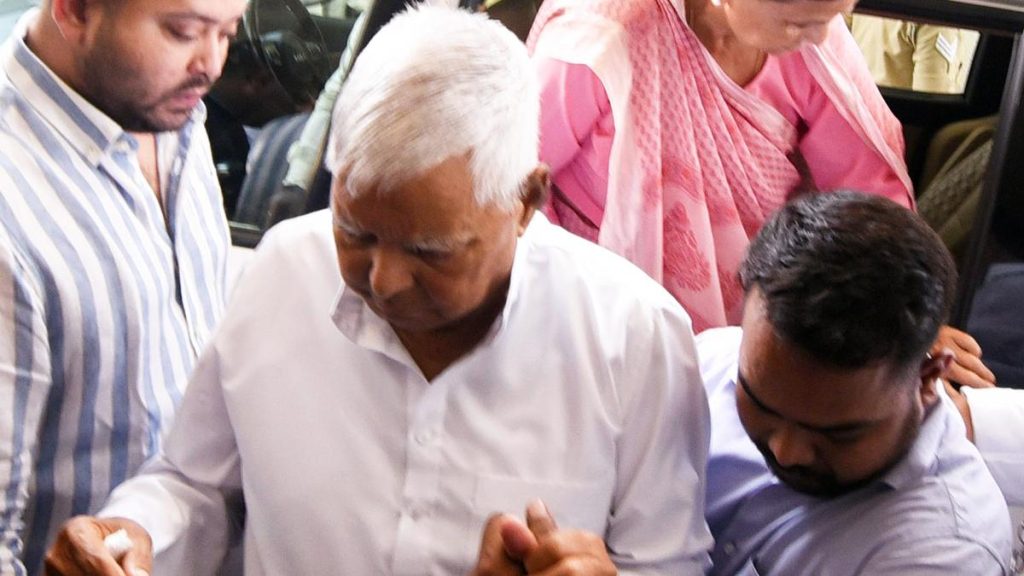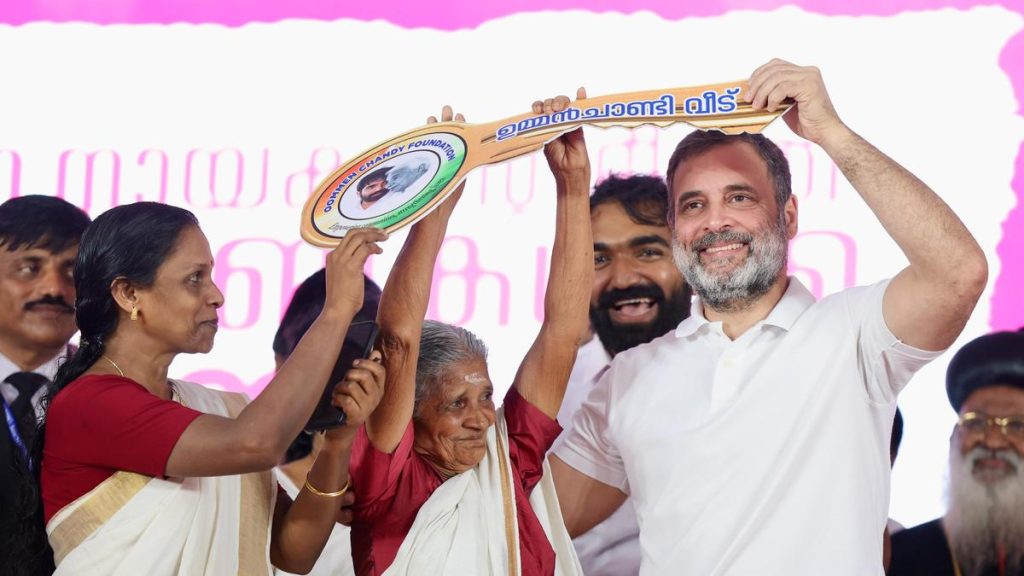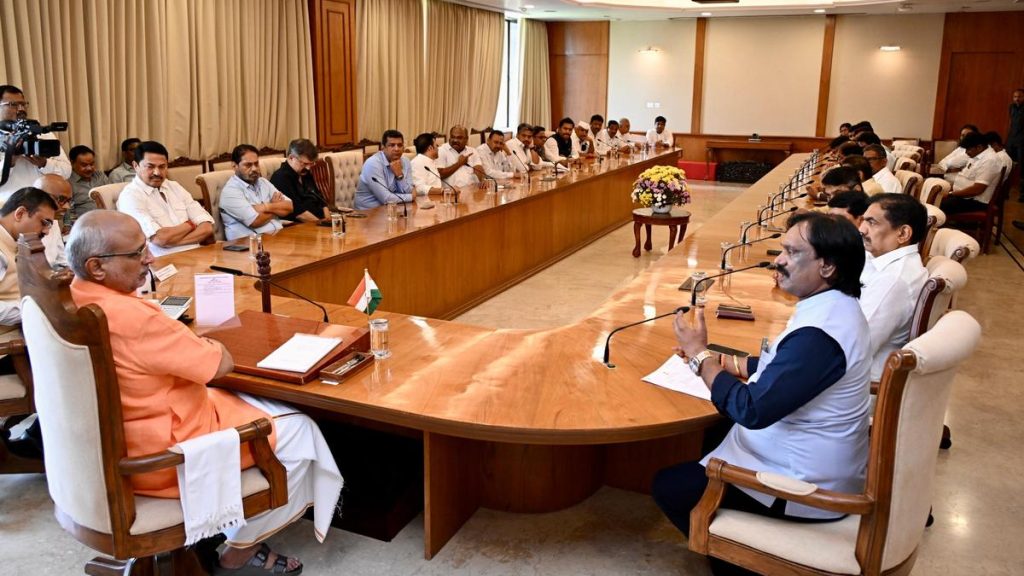Now Reading: Jagan Reddy Warns TDP Leaders, Police of Repercussions if YSRCP Wins Power
-
01
Jagan Reddy Warns TDP Leaders, Police of Repercussions if YSRCP Wins Power
Jagan Reddy Warns TDP Leaders, Police of Repercussions if YSRCP Wins Power
Speedy Summary
- YSRCP president, Y.S. Jagan Mohan Reddy, warned that TDP leaders and police officials may face consequences if his party comes to power in the 2029 elections.
- Alleged misuse of power by Chief Minister N. Chandrababu Naidu to target opposition leaders and cadre.
- Accusations made against digs and police officers for corruption involving illegal liquor and sand operations benefiting ruling party members.
- Criticized alleged authoritarian governance by the NDA government, including suppression of dissent and misuse of police machinery.
- Highlighted resignation of IPS officer Siddharth Kaushal as evidence of pressure on honest officers; accused mass sidelining or suspension of non-TDP-affiliated police personnel.
- Condemned attack on Krishna ZP chairperson Uppala Harika allegedly perpetrated by TDP workers; claimed no arrests were made while a false case was filed against her husband.
- Extensive criticism leveled against filing false FIRs targeting YSRCP leaders during public engagements addressing local grievances or attending condolence meetings.
- Questioned lack of welfare implementation despite alleged borrowing of ₹1.75 lakh crore under current government leadership.
Indian Opinion Analysis
The allegations brought forward by Y.S. Jagan Mohan reddy point toward claims of severe political exploitation across Andhra Pradesh’s administrative structure. If proven valid, such accusations could signify systemic challenges in maintaining impartiality among law enforcement agencies.The focus on resignations or sidelining high-ranking officials implies potential morale issues within these institutions under perceived political pressures.
His criticism highlights broader questions surrounding accountability for governance failures amidst considerable financial borrowings cited during the current dispensation’s term but with limited evidence presented about welfare achievements.
these narratives underscore a politically charged atmosphere in Andhra Pradesh where interactions between ruling powers, opposition cadres, enforcement systems, and democratic expression remain fraught with disputes. Such dynamics might have critical implications for public trust not only in politicians but also institutional integrity leading up to state elections.
Read more: Link























